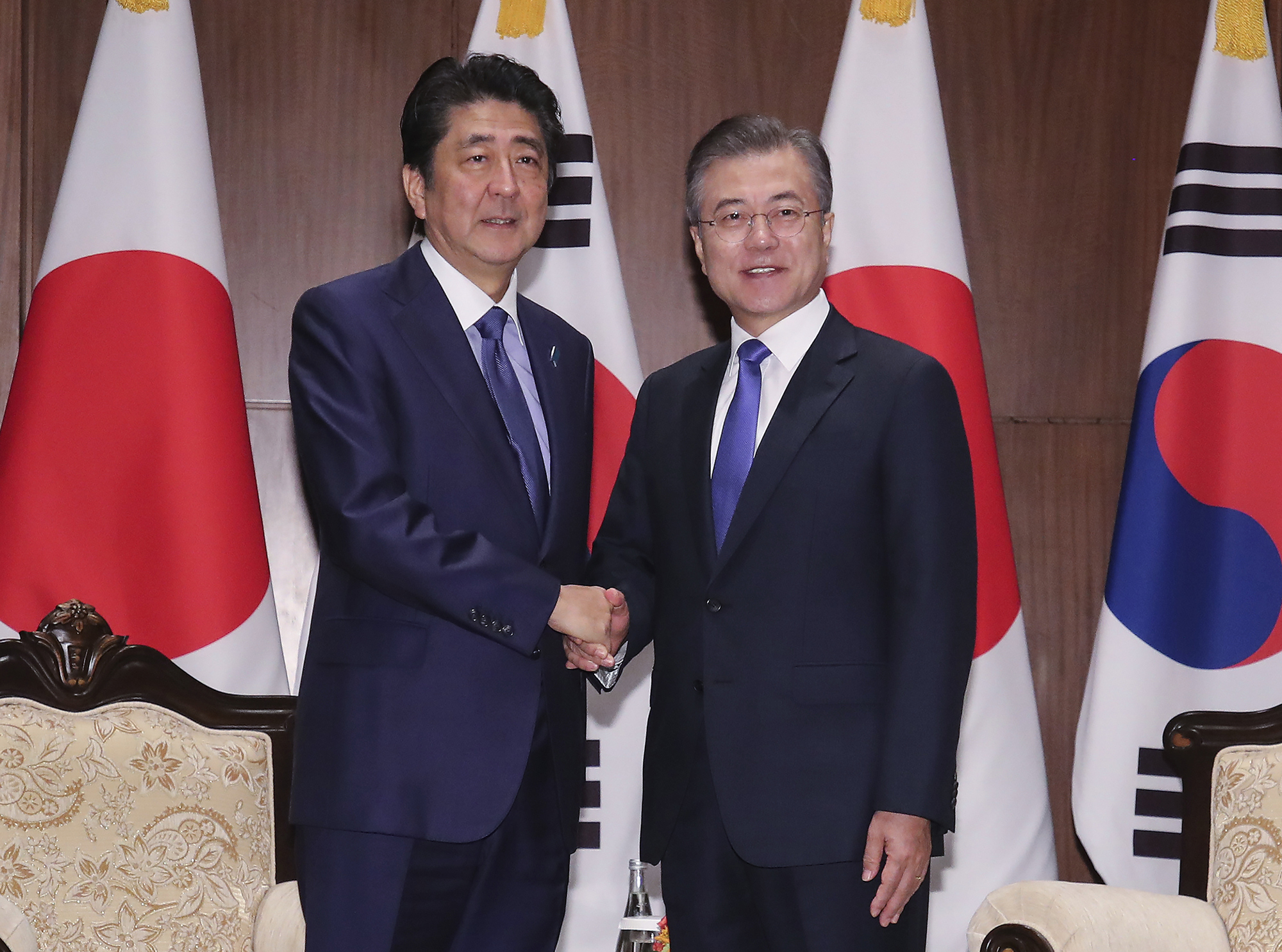It is a truism to say East Asia today is at a major turning point, given the rise of China as an economic and military power, the long-term economic downturn in Japan and the waning relative power of the United States. The U.S., long the dominant power in the region, is now squaring off against an increasingly assertive China. The countries caught in the middle are trying to find their own position.
This change in the balance of power in East Asia does more than simply trigger tensions between the U.S. and China themselves. Depending on developments, tensions between those two great powers will have repercussions for the position of other East Asian countries.
This most dramatic manifestation of this could well be seen on the Korean Peninsula. In East Asia, the Cold War was a confrontation between the land powers of the Soviet Union and China, and the maritime power of the U.S. South Korea, established on a narrow strip of land on the southern part of the Korean Peninsula situated at the eastern end of the Eurasian continent, was one of the few places where the U.S. directly confronted the mighty land powers of the Soviet Union and China.

















With your current subscription plan you can comment on stories. However, before writing your first comment, please create a display name in the Profile section of your subscriber account page.